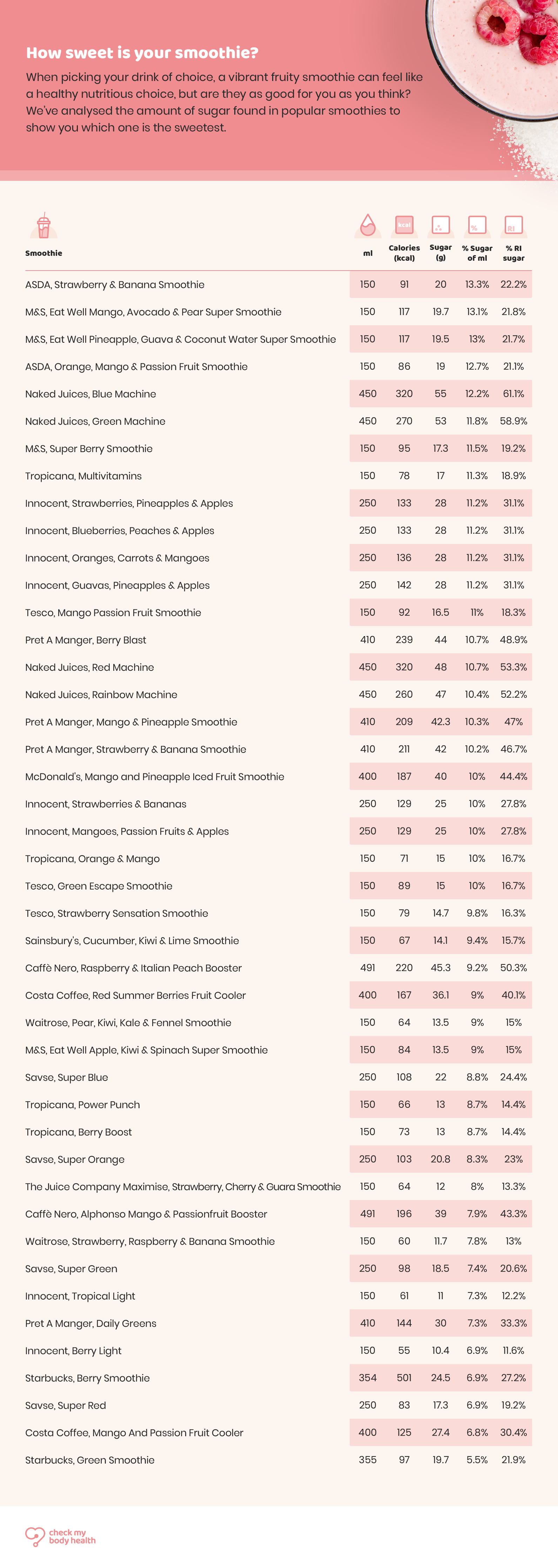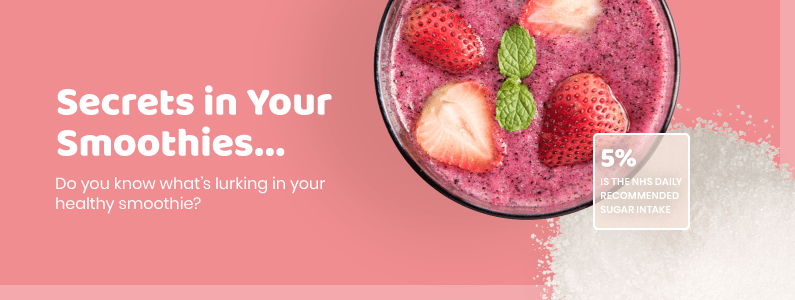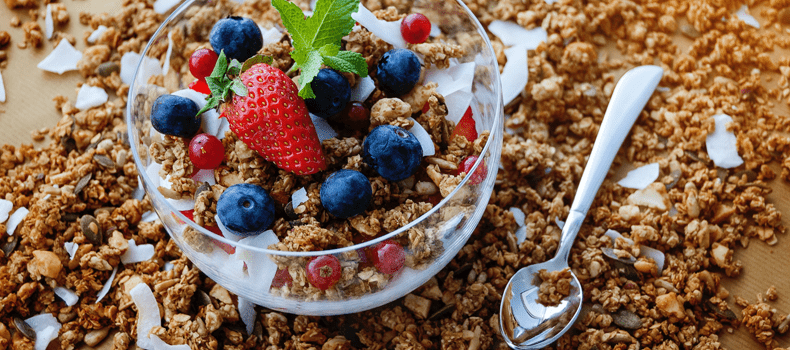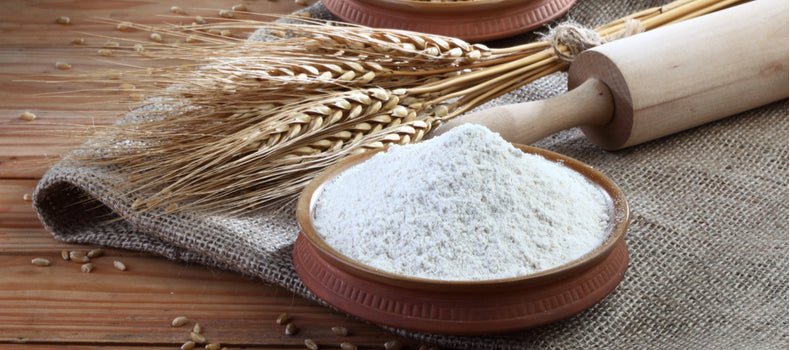We are often looking for ways to better our health and embrace a healthier lifestyle – from increasing our exercise levels to preparing more meals using fresh ingredients, there are plenty of small changes we can make to have an impact on the bigger picture.
When it comes to cutting down on fizzy drinks and ensuring we get our five a day, fruit smoothies are often a popular option, and one that’s viewed as a ‘healthy’ alternative – but did you know that smoothies contain ‘free’ sugars, which are the kind that we are often told to limit?
We’ve taken a look at some of the most popular smoothies in the UK to reveal just how much sugar is present in each drink, and which smoothies contain the most as a percentage per ml of drink.

Smoothies are a great way to get a hit of vitamins into your diet, particularly if you’re someone that finds eating fruit and vegetables a little more difficult, but it’s important to not consume them too much – you can have too much of a good thing after all!
If uncomfortable symptoms are currently putting you off smoothies and other fruit-based products, why not take a look at our Food Intolerance Blood Test Kits to help identify which fruits you may be intolerant to, and how best to manage your diet as a result.
Methodology
We’ve analysed 44 smoothies, from various UK food outlets and supermarkets, to identify their calories and sugar content. Both grab-and-go and made-to-order style drinks have been analysed, including those labelled as ‘blended juices’. The percent of sugar per ml of each smoothie was then calculated, with the table ranked using this metric. The recommended daily calorie intake and sugar intake were taken from the NHS website and also calculated for each smoothie.
The full data set and sources are available to view here.



